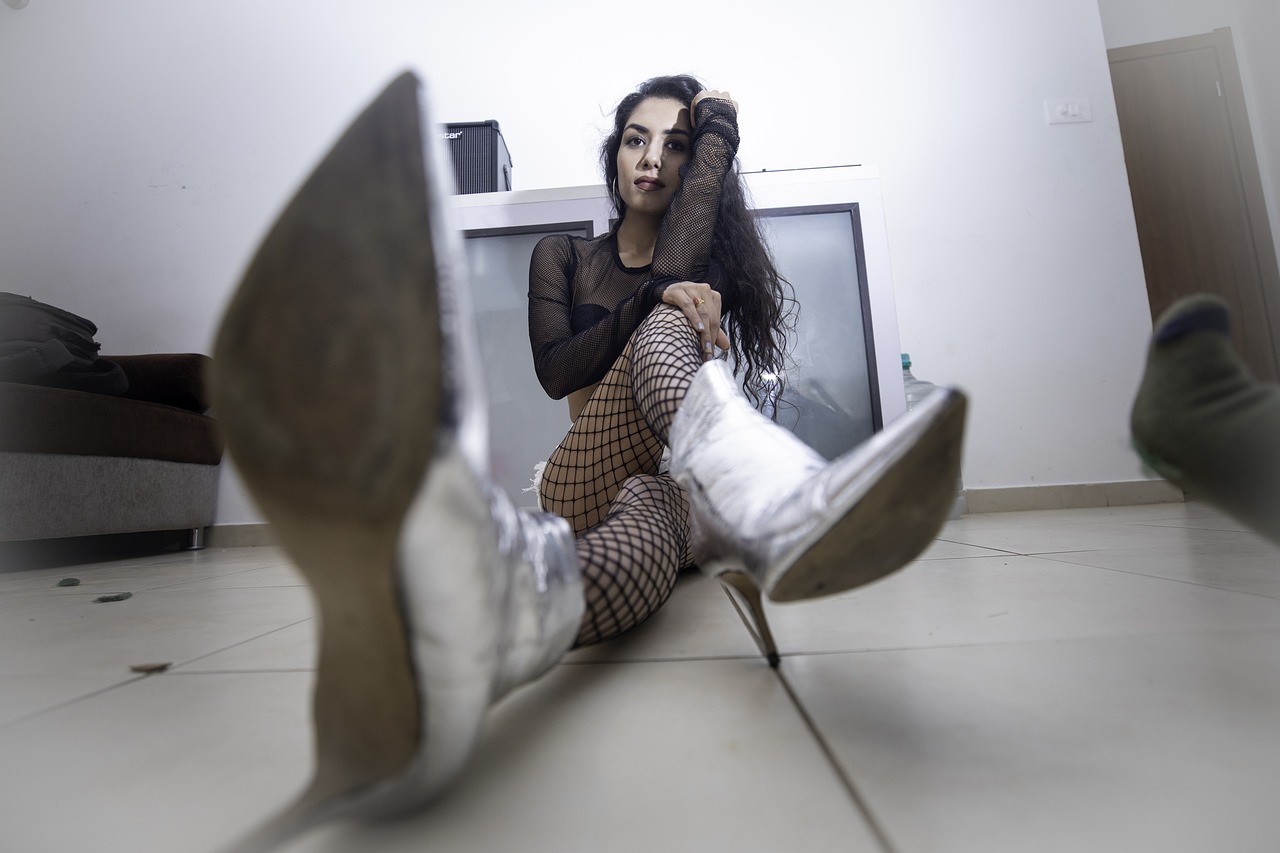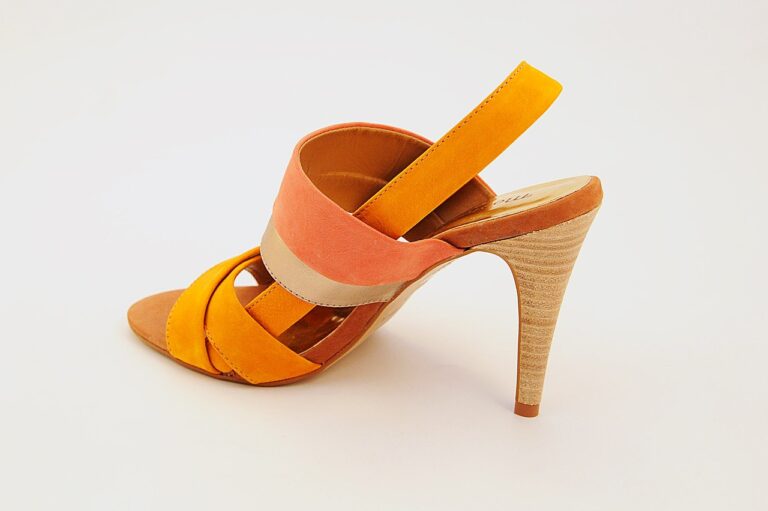Luxury Fashion Brands and their Digital Transformation Journey: Betsbhai9, Radha exchange, Lotus 365 login
betsbhai9, radha exchange, lotus 365 login: Luxury fashion brands have historically been known for their exclusivity, prestige, and high-quality products. However, in recent years, these brands have had to adapt to the digital age in order to stay relevant and competitive in the fast-paced world of e-commerce. Many luxury fashion brands have embarked on a digital transformation journey to enhance their online presence, engage with customers in new ways, and streamline their operations.
In this blog post, we will explore the digital transformation journey of luxury fashion brands and how they are leveraging technology to drive growth and innovation in the industry.
The Rise of E-Commerce
One of the key drivers of digital transformation in the luxury fashion industry has been the rise of e-commerce. With the proliferation of online shopping, luxury fashion brands have had to adapt to the changing shopping habits of consumers. Many luxury brands have launched their e-commerce platforms to reach a wider audience and make their products more accessible to customers worldwide.
By establishing an online presence, luxury fashion brands can showcase their products, connect with customers, and provide a seamless shopping experience. E-commerce also allows brands to collect valuable data on customer preferences and behavior, enabling them to personalize their marketing campaigns and improve customer engagement.
Social Media Marketing
Another important aspect of the digital transformation journey for luxury fashion brands is the use of social media marketing. Social media platforms such as Instagram, Facebook, and Twitter have become powerful tools for brands to connect with their customers, build brand awareness, and drive sales.
Many luxury fashion brands have embraced social media marketing as a way to showcase their latest collections, collaborate with influencers, and engage with their followers. By creating engaging content and leveraging social media analytics, brands can better understand their target audience and tailor their marketing strategies to meet their needs.
Mobile Apps and Virtual Reality
In addition to e-commerce and social media marketing, luxury fashion brands are also investing in mobile apps and virtual reality technology to enhance the digital shopping experience for customers. Mobile apps allow customers to browse products, make purchases, and receive personalized recommendations on the go. Virtual reality technology, on the other hand, enables customers to experience a virtual shopping environment and try on products from the comfort of their own homes.
By leveraging mobile apps and virtual reality technology, luxury fashion brands can provide a more immersive and personalized shopping experience for customers, driving engagement and loyalty in the process.
Omnichannel Retailing
As luxury fashion brands continue their digital transformation journey, many are adopting an omnichannel retailing strategy to seamlessly integrate online and offline shopping experiences. Omnichannel retailing allows customers to shop across multiple channels, including e-commerce websites, mobile apps, social media platforms, and physical stores, creating a cohesive and personalized shopping journey.
By adopting an omnichannel retailing strategy, luxury fashion brands can provide customers with a seamless shopping experience, increase brand loyalty, and drive sales both online and offline.
Sustainability and Ethical Practices
In recent years, sustainability and ethical practices have become increasingly important for luxury fashion brands as consumers become more conscious of the environmental and social impact of their purchases. Many luxury brands are incorporating sustainability initiatives into their digital transformation journey, such as using eco-friendly materials, reducing waste, and supporting ethical labor practices.
By prioritizing sustainability and ethical practices, luxury fashion brands can appeal to socially conscious consumers, differentiate themselves from competitors, and build a positive brand reputation in the marketplace.
Conclusion
In conclusion, the digital transformation journey of luxury fashion brands is reshaping the industry in exciting ways. By embracing e-commerce, social media marketing, mobile apps, virtual reality technology, omnichannel retailing, and sustainability initiatives, luxury fashion brands are redefining the shopping experience for customers and driving growth and innovation in the industry.
As technology continues to evolve, luxury fashion brands will need to adapt and innovate to stay ahead of the curve and meet the changing needs of their customers. By leveraging technology and embracing digital transformation, luxury fashion brands can continue to thrive in the digital age and maintain their status as industry leaders.
FAQs
1. What are some examples of luxury fashion brands that have successfully implemented a digital transformation strategy?
2. How can luxury fashion brands use social media marketing to engage with their customers?
3. What role does sustainability play in the digital transformation journey of luxury fashion brands?
4. How can virtual reality technology enhance the online shopping experience for luxury fashion customers?
5. What are some key benefits of adopting an omnichannel retailing strategy for luxury fashion brands?
6. How can mobile apps help luxury fashion brands drive customer engagement and loyalty?







